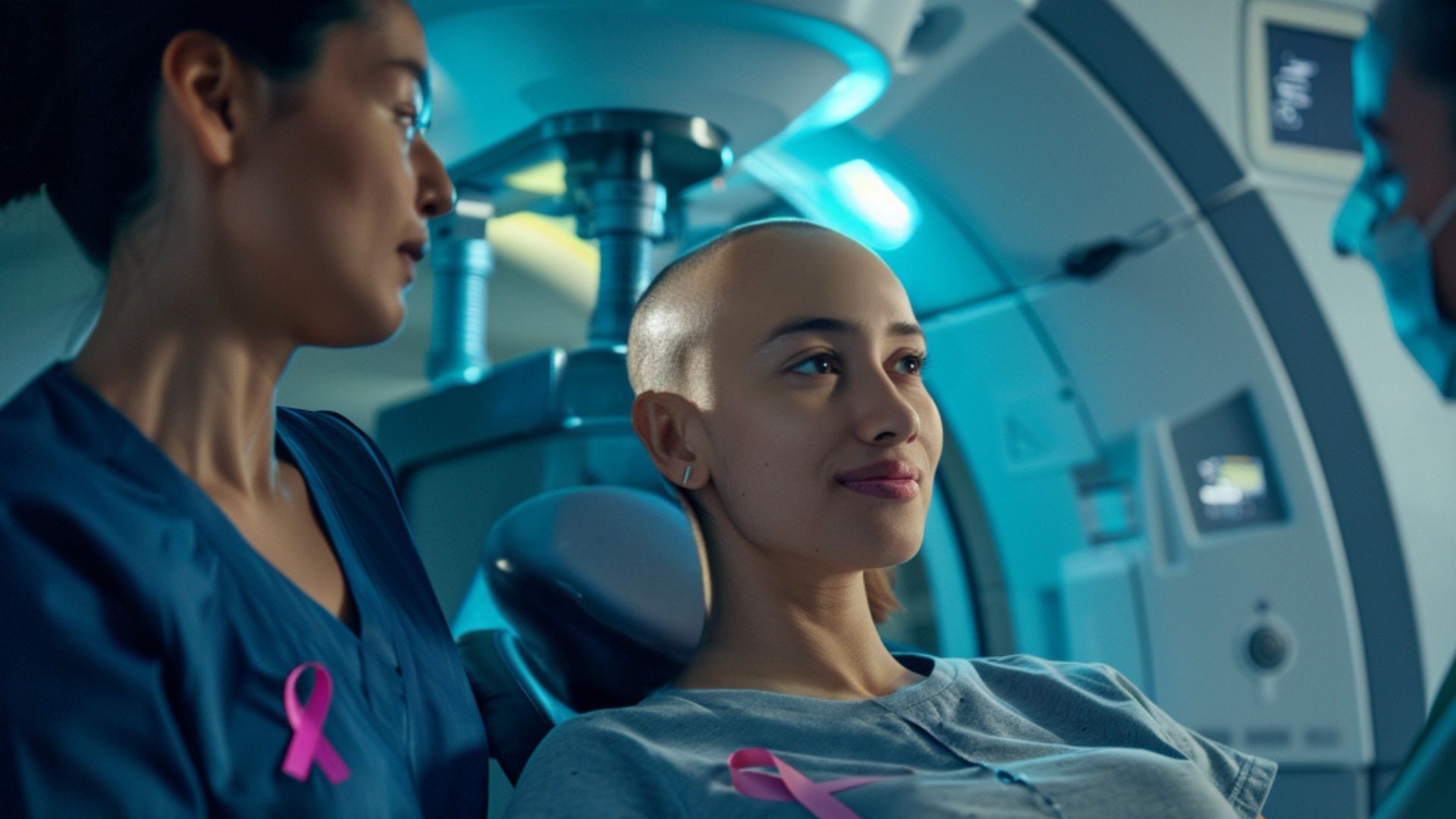

Artificial Intelligence in Skin Cancer Diagnosis: A Reality Check
AI has already spread its wings everywhere. In every industry, AI is showing beneficial results and saving time, which significantly increases the productivity of the people and lowers the burdens of deadlines, but when it comes to the health industry, what AI is doing is something to note.
Skin cancer detection is essential at an early stage because if it spreads to other parts of the body, the survival rate decreases. Artificial Intelligence (AI) is rapidly emerging as a valuable tool in skin cancer diagnosis, particularly for melanoma and non-melanoma skin cancers.
AI algorithms based on deep learning can help you understand the symptoms early, and a diagnosis can be made accordingly for skin cancer treatment.
AI and Skin Cancer Diagnosis
It is essential to detect skin cancer at an early stage, especially melanoma. AI is playing an increasingly important role in skin cancer diagnosis, offering potential for faster, more accurate, and more accessible detection.
AI algorithms, particularly those using convolutional neural networks (CNNs) and deep learning, can analyse images of skin lesions (including dermoscopic images) to classify them as benign or malignant with accuracy comparable to human experts. Here is how helpful AI can be for skin cancer diagnosis:
1. CNNs for Diagnosis
Convolutional neural networks (CNNs) are a type of deep learning algorithm particularly well-suited for image analysis. They can automatically learn to extract relevant features from images and classify them into different categories.
2. Dermoscopy Views
Dermoscopy images help view skin lesions captured using a dermoscope. It gives an accurate report of the lesions and helps with effective diagnosis.
AI algorithms are trained on large datasets of dermoscopic images (images taken with a dermascope, a specialised magnifying tool) and regular smartphone images to identify subtle features indicative of skin cancer.
3. Personal Diagnosis of Skin Cancer
AI-powered apps allow you to personally diagnose skin cancer and get early expert intervention. AI is also being applied to 3D skin imaging techniques, which can provide more detailed information about the lesion and its characteristics.
4. Help Practitioner’s
AI is made to predict types of skin cancer, including melanoma and non-melanoma types. This helps practitioners understand whether the treatment should be started at this point. Image analysis will help select the severity of the issue, and the right treatment can be applied.
Let us see when you need to meet for the skin cancer screening.
When to Visit for Skin Cancer Screening?
Skin examination becomes necessary for people who have a family history of skin cancer or excessive sun exposure. AI has made it easy to personally check and made it comfortable for skin cancer diagnosis. But, expert intervention or skin cancer screening is indeed needed when there are signs such as lesion changes or new development on the skin. Here are the reasons a skin cancer screening is needed:
- Factors That Increase Risk
Here are the factors that can increase the risk of skin cancer:
- Excessive exposure to UV radiation is the main reason behind skin cancer. One must wear a high SPF sunscreen and other gear to protect oneself.
- Indoor tanning beds emit harmful UVA and UVB rays, significantly increasing skin cancer risk.
- Fair skin, light hair, and light-colored eyes (blue or green) can be considered a risk factor. Individuals with these conditions are more susceptible to sun damage and skin cancer.
- Individuals with a skin cancer history, whether personal or family, can be at higher risk. If melanoma has been in your family history, then regular skin exams become necessary.
- When to Consult a Skin Expert
You should consult a skin expert, ideally a dermatologist, if you notice any new or changing moles, spots, or lesions on your skin. If they are asymmetrical, have irregular borders, uneven colours, or are larger than 6mm, expert intervention is needed. Other concerning signs include sores that don’t heal, itchy or painful spots, and any skin growth that changes in size, shape, or colour.
- When to Get Screened
Skin cancer screenings should ideally begin in your 20s or 30s, with more frequent screenings for those at higher risk. While there are no strict age recommendations for starting, it’s beneficial to establish a baseline and monitor any concerning moles or spots. Risk factors like fair skin, a family history of skin cancer, or a history of sunburns should be considered for earlier and more frequent screenings.
Now, get a personalised diagnosis with AI and get started today. It is essential to get skin checked earlier before complications grow.

